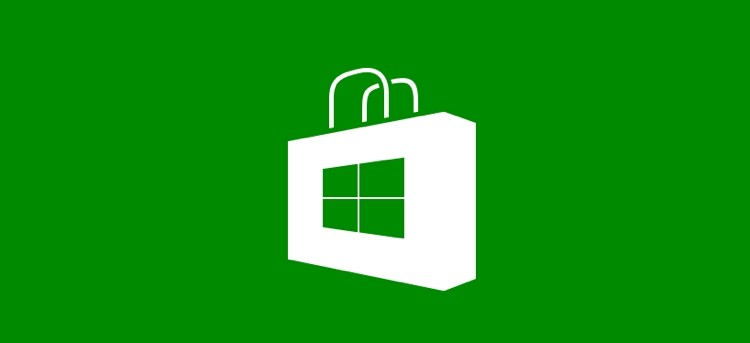Microsoft has made a point to highlight how their multiple platforms, from Windows to Xbox, all share bits of the same underlying kernel. Now, it seems more convergence is in the horizon, with reports suggesting that the company is working on a single app store for "next releases" of Windows and Windows Phone.
According to sources speaking with The Verge, Microsoft's head of the operating systems group Terry Meyerson recently confirmed the move at a company meeting attended by thousands of employees. Myerson didn't reveal how the single Windows Store would work initially, though the end goal is rather clear. Just last week at a financial analyst meeting, the executive said "We should have one set of developer APIs on all of our devices. And all of the apps we bring to end users should be available on all of our devices."
The new, unified store will reportedly debut at the same time as the next major update to Windows Phone – expected to launch as version 8.1 – and a special update planned for Windows 8.1. Not much is known about the latter, but ZDNet's Mary Jo Foley believes it will come preinstalled on a Surface Mini tablet next year, and that internally it's known as the Spring 2014 GDR (General Distribution Release).
As it stands right now, the Windows Store offers 'Metro' style apps for Windows 8 and RT, and though many of them will run on both x86 and ARM architectures, not all of them do. Then there's Windows Phone, which is also designed to run on ARM processors, yet apps built for Windows Phone won't run on Windows RT. The thinking is Microsoft might address this using a similar approach to Apple's App Store, with tablet specific apps that don't run on the phone, phone apps that scale to run on a tablet, and universal apps optimized to run on both.
Foley suggests a couple scenarios on how Microsoft would help developers with the cross-platform scenario – both involving Windows Azure. The first involves Microsoft compiling developers' applications for them in the cloud, while another possibility is to have the back-end code for certain apps run on Windows Azure and then stream to phones and PCs.
The latter is particularly interesting as the company recently demonstrated a prototype of such a service that had Halo 4 running on a Lumia 520 Windows Phone and PC, both streaming the game from the cloud.
